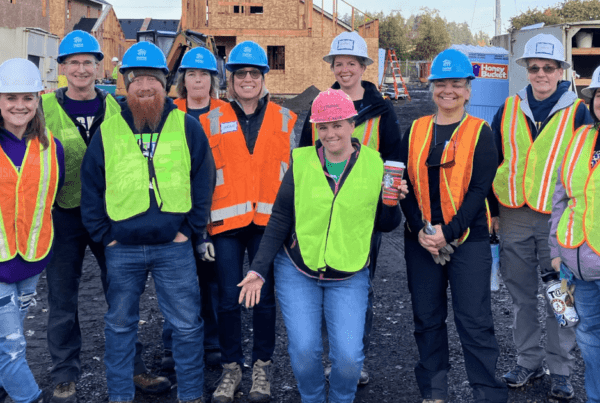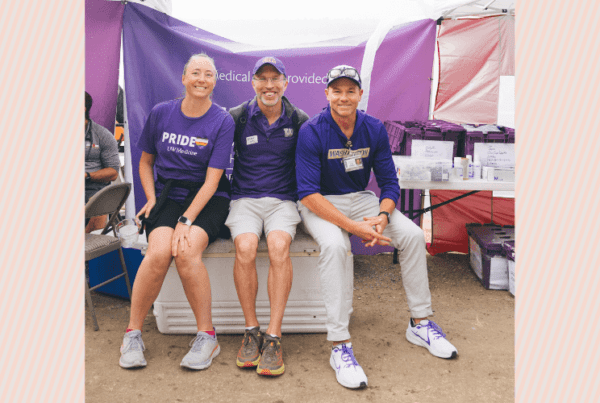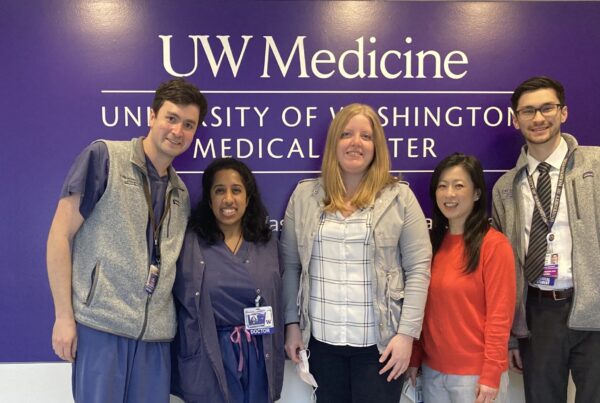UW Medicine researchers are leading the charge to find a treatment for COVID-19 and a vaccine for the related virus, SARS-CoV-2. On Tuesday, May 19, the Department of Immunology hosted a panel of experts to talk about their COVID-19 research.
The virus
Michael Gale Jr., PhD, an associate professor of immunology, discussed what we know about the SARS-CoV-2 virus and how this virus attacks cells and replicates in the body.
His lab is currently researching how innate immunity can help stop the virus. They are also studying functional genomics, patient antibodies, antiviral drug development and an RNA-based vaccine.
The body’s response
Andrew Oberst, PhD, an associate professor of immunology, discussed how the immune system and cells respond to the novel virus.
His lab is researching how cell death, one of the body’s responses to the virus, can lead to damage in the lung tissue. Through this research, Oberst hopes to discover how cell death could be used to prevent the initial spread of the virus in an individual’s lungs without triggering cell death or another form of immunopathology.
The immune memory
Marion Pepper, PhD, an associate professor of immunology, discussed the adaptive immune response, a slow-acting but powerful phase of the immune response. Pepper noted that if your adaptive immune response can control the virus, you are left with antibodies in your blood and an immune memory, or cell receptors that are better prepared to protect you against the virus.
Her lab is researching whether people who have had COVID-19 developed a strong immune memory and if their antibodies could be used to create protective therapies or drugs.


